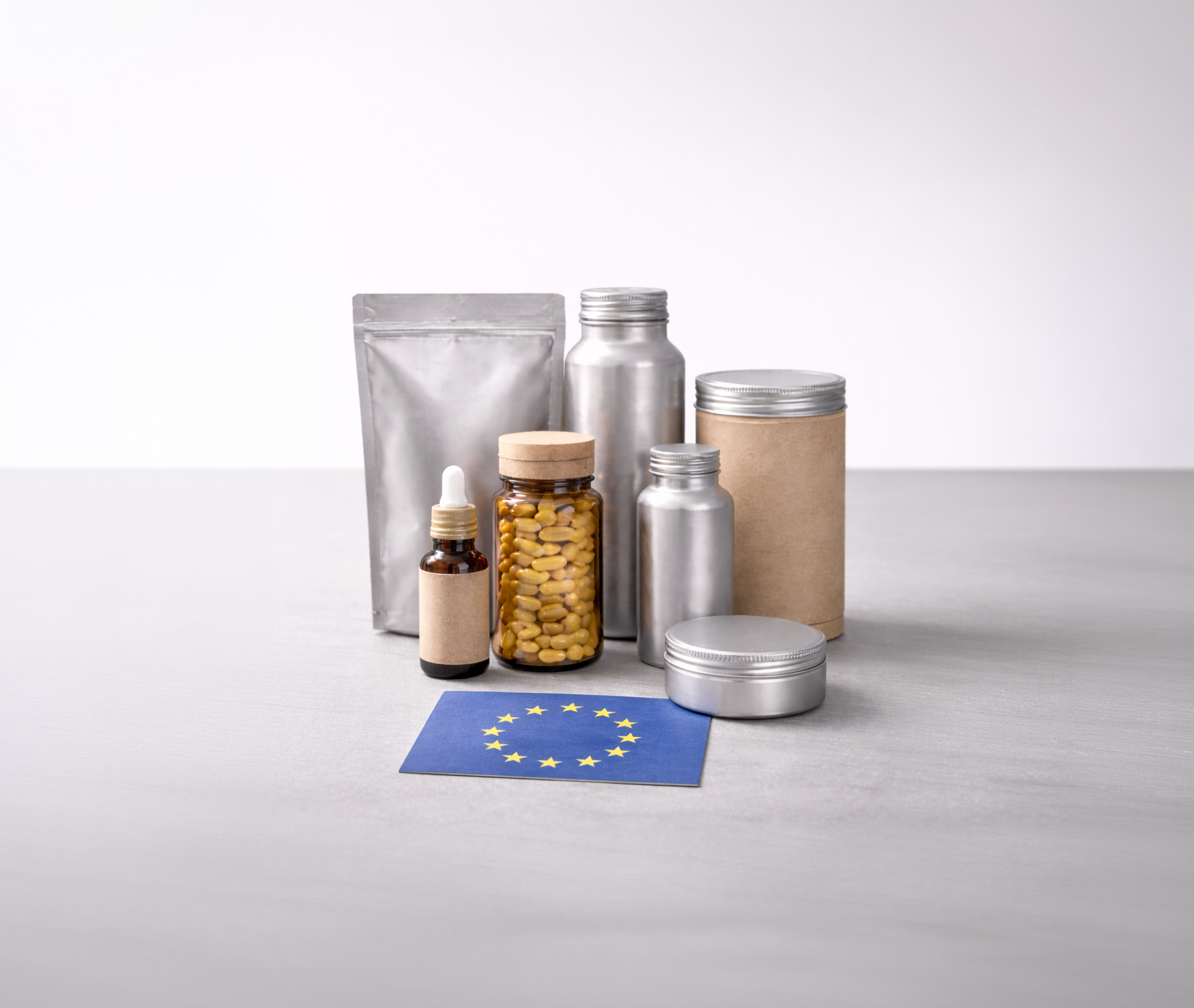Single-use plastics, particularly those used in packaging, have been a hot topic in recent years due to their impact on the environment. In the United States, laws aimed at reducing or banning single-use plastics have been gaining momentum.
Given this, we want to take a closer look at laws against single-use plastics in the US and how they have advanced over time:
Why Single-Use Plastics are a Problem
Single-use plastics, such as straws, bags, and packaging, are designed to be used once and then discarded. Unfortunately, these items don’t just disappear when they’re thrown away. Instead, they can end up in landfills, where they can take hundreds of years to decompose, or they can end up in our oceans and waterways, where they can harm wildlife and disrupt ecosystems.
Laws Against Single-Use Plastics in the US
In recent years, a growing number of states and cities in the US have enacted laws aimed at reducing the use of single-use plastics, particularly in packaging. Some of the most notable examples include:
- California: In 2014, California became the first state in the US to ban single-use plastic bags. Since then, several other states have followed suit. In California, the ban has been credited with reducing plastic bag litter by as much as 72%.
- Maine: In 2019, Maine became the first state in the US to ban foam food containers. The ban took effect in 2021 and aims to reduce the amount of foam that ends up in landfills and waterways.
- New York City: In 2020, NYC passed a law that bans plastic bags in most retail stores. The law aims to reduce the amount of plastic waste in the city’s landfills and waterways.
- Washington: In 2021, Washington became the second state in the US to ban foam food containers. The ban will take effect in 2024 and will apply to all food-service businesses in the state.

These are just a few examples of the many laws that have been enacted in the US to reduce the use of single-use plastics. Other states and cities, including Maryland, Oregon, and Seattle, have also taken action to address the problem.
The Future of Single-Use Plastics in the US
Despite the progress that has been made in reducing the use of single-use plastics, there is still much work to be done. Many items are still widely used and can be difficult to recycle. Additionally, some businesses and industries have been resistant to change, arguing that single-use plastics are necessary for convenience and cost savings.
However, due to the growing initiative of states and cities to take action against the use of single-use plastics and the focus that has been given in recent years to reducing single-use plastic packaging for beverages — including single energy, nutraceutical, or cosmetic shots— it is likely that these laws will expand to include more packaging elements, making it essential to adapt and look for new packaging options and materials for these products.
Aluminum packaging is a great alternative that has gained popularity in recent years as a way to reduce single-use plastic packaging. Aluminum is a highly recyclable material that can be recycled over and over again without losing its quality, making it a more sustainable option compared to single-use plastics.
As a company, we invite you to be part of the initiative for change. Let us choose environmentally responsible options and try to reduce the negative effect that our activities may have on our surroundings.
Let’s focus on sustainability, circularity and responsible change!




